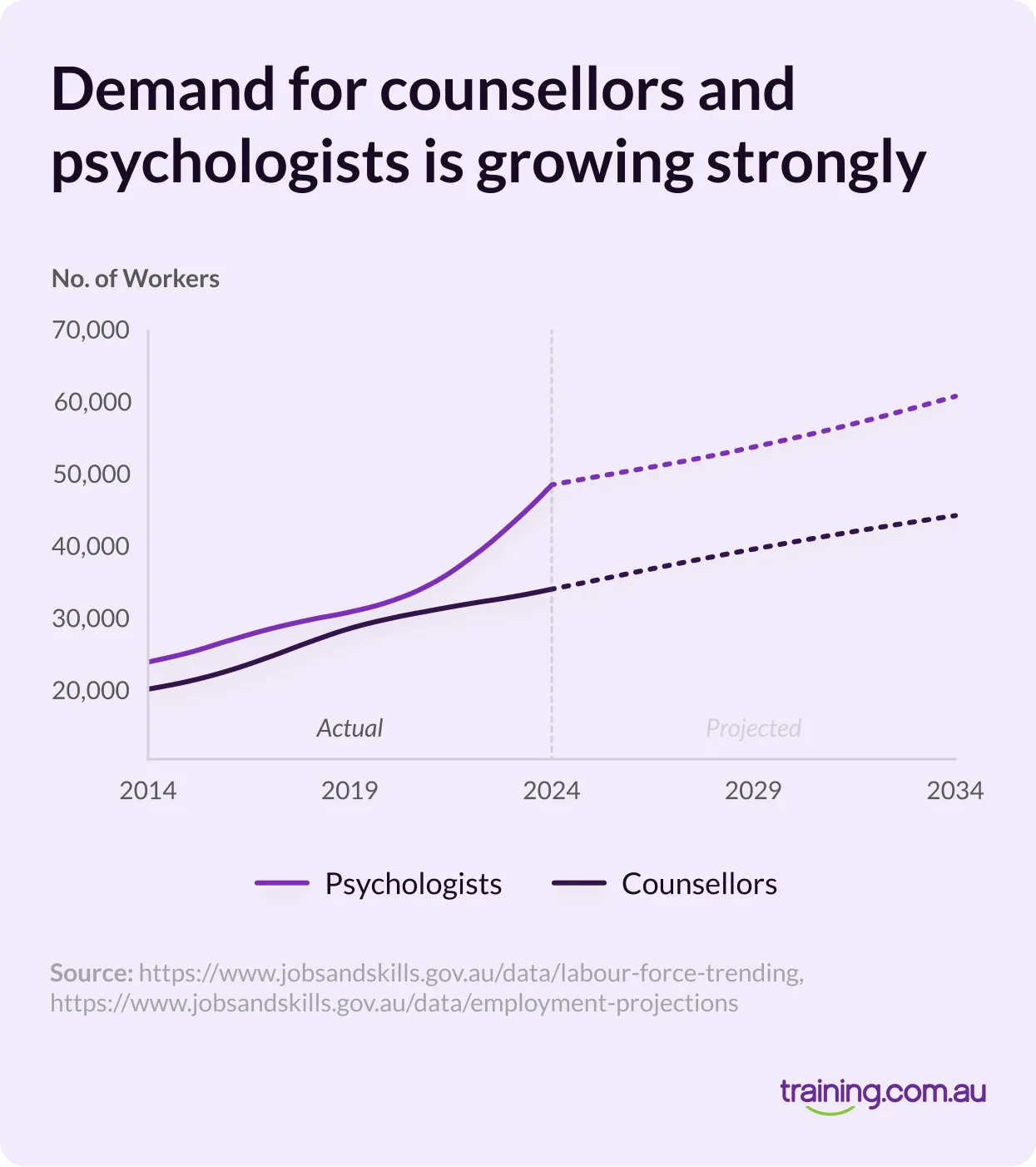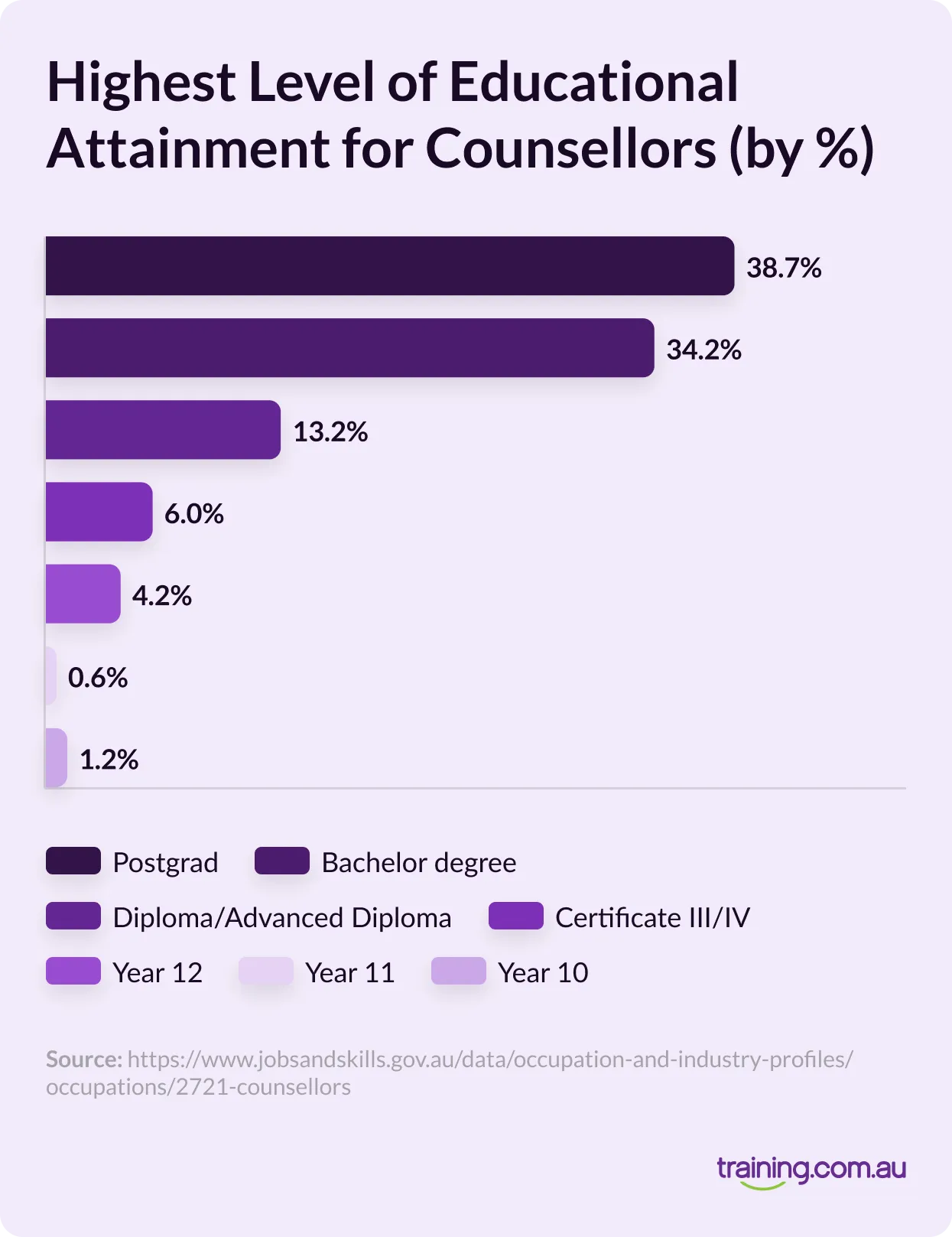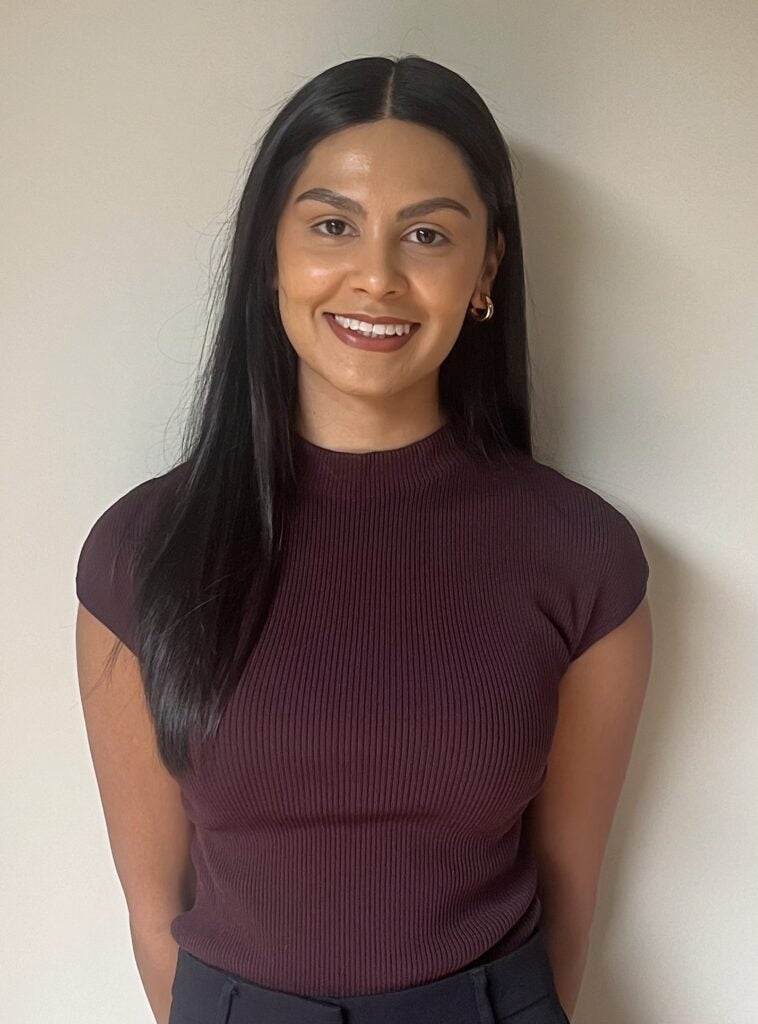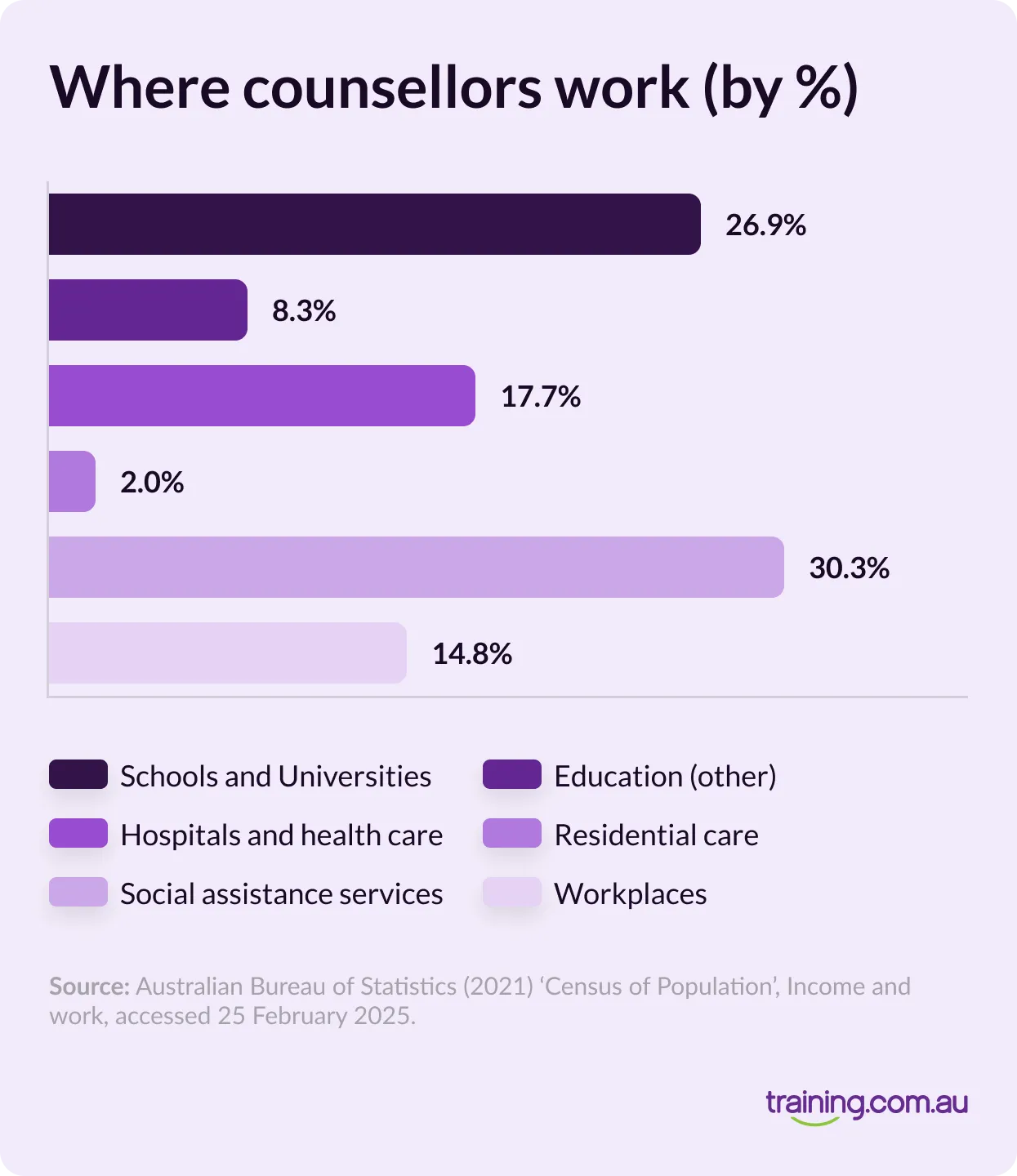How to Become a Counsellor in Australia: Step-By-Step Guide
If you’re passionate about helping people and creating meaningful change in their lives, a career in counselling could be your perfect fit. Counsellors play a vital role in supporting mental health and wellbeing across communities, and the demand for skilled professionals in this field continues to grow.
In this guide, we’ll walk you through everything you need to know about becoming a counsellor in Australia, from qualifications and specialisations to job opportunities and career pathways.
What does a counsellor do?
Counsellors work with clients for short or long periods to help them navigate life’s challenges, including stress, career changes, and divorce. Counsellors can also choose to specialise in areas such as grief and trauma, family violence, or youth counselling.
Common topics counsellors help their clients with:
- Grief and trauma
- Family or relationship issues
- Career struggles and work-life balance
- Mental health challenges like anxiety and depression
- Self-esteem and personal development
Using evidence-based therapeutic techniques, counsellors encourage clients to reflect, build self-awareness, and develop solutions to improve their mental well-being.
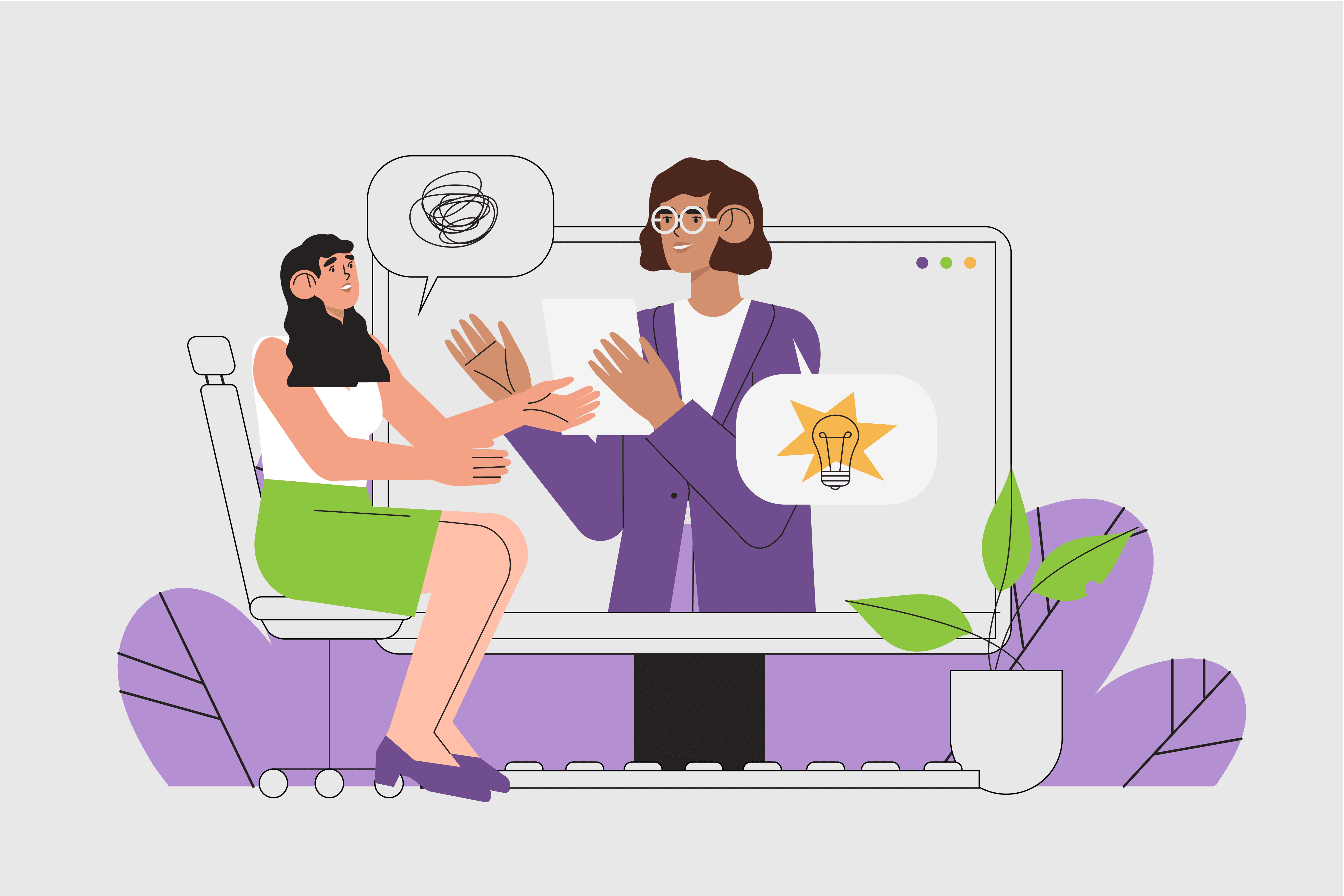
Wonder what it's really like to work as a counsellor?
From client sessions to paperwork, discover the everyday realities and rewards of this meaningful career.
Why choose a career in counselling?
A counselling career is deeply rewarding. It offers the opportunity to empower individuals, improve lives, and contribute to a more compassionate society. Whether working with youth, families, or individuals facing trauma, counsellors make a lasting impact.
Key benefits of a counselling career include:
- Flexibility: Work across private practice, schools, community organisations, or corporate settings.
- Personal fulfilment: Help people navigate life’s challenges and grow.
- Growing demand: Mental health awareness and support needs are increasing across Australia.
Growing demand for counsellors in community services
The demand for counsellors is growing rapidly, driven by the increasing need for mental health support and the recognition of the importance of counselling in promoting well-being and preventing mental health issues. Counsellors working in community services play a critical role in providing accessible and affordable counselling services to individuals, families, and communities and are essential in addressing the mental health needs of vulnerable populations.
As a counsellor, you will have the opportunity to make a positive impact on people’s lives, work in a variety of settings, and develop a range of skills and knowledge that are highly valued in the mental health sector. With the growing demand for counsellors, there are many job opportunities available, and the field is expected to continue growing in the coming years.
Counselling education pathways in Australia
There is no one-size-fits-all approach to becoming a counsellor. Your counselling journey might begin with a certificate or diploma and progress toward a degree, depending on your career goals and prior experience.
Certificate IV in Counselling (entry-level)
The Certificate IV in Counselling is an ideal starting point for those interested in developing foundational counselling skills. This vocational qualification covers essential techniques such as active listening, stress management, and conflict resolution, preparing graduates for entry-level roles like mental health support worker or community services assistant. Many courses offer flexible online learning options, making it accessible for individuals balancing study with other commitments.
Diploma of Counselling (intermediate)
The Diploma of Counselling provides foundational counselling skills and practical techniques, preparing you for roles such as mental health support worker or youth worker in community centres. They often include supervised placements to develop your clinical supervision experience.
Bachelor of Counselling or Psychology (advanced)
This undergraduate degree offers comprehensive training in counselling theories, ethical practice, and the counselling process. It prepares you to support clients with a range of emotional issues and equips you for professional registration with bodies like the Australian Counselling Association (ACA) or the Psychotherapy and Counselling Federation of Australia (PACFA).
Postgraduate Studies in Counselling (expert)
For those seeking to deepen their expertise and expand career opportunities, pursuing a postgraduate degree in counselling is an excellent option. Postgraduate courses, such as a Master of Counselling or a Graduate Diploma of Counselling, offer advanced training in specialised areas like trauma counselling, ethical practice, and complex client needs. These qualifications often provide pathways to professional registration and allow counsellors to work with clients facing more severe mental health challenges.
Short courses in Counselling
Short courses in counselling provide a practical introduction to essential counselling skills and theories. They are ideal for those exploring the counselling profession or seeking to enhance their existing skills. These courses serve as valuable stepping stones, offering foundational knowledge and experience that can lead to further studies or entry-level roles in mental health support and community services.
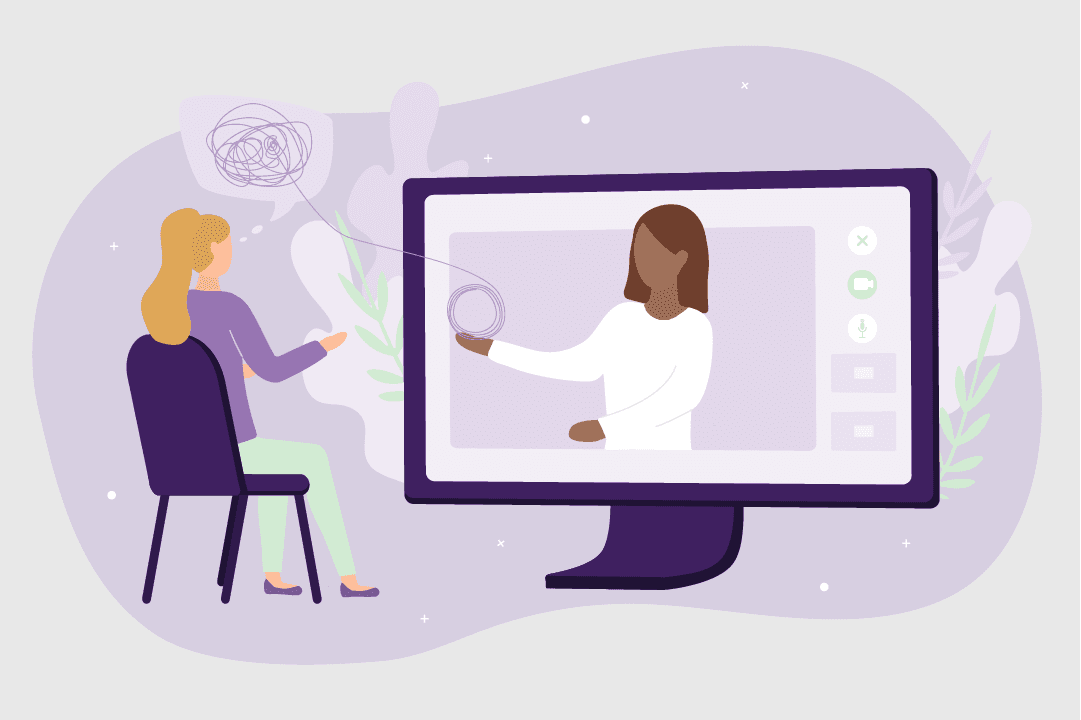
Not sure which course to choose?
Choosing the right qualification can set your counselling career up for success.
Get clear guidance on course levels, delivery modes, duration, and ideal candidates for each option.
How to become a counsellor in Australia
Becoming a counsellor requires the right qualifications, accreditation, and practical experience.
In Australia, counselling is not a regulated profession, meaning that there are no particular qualifications or accreditations required to become a counsellor. However, some states (including NSW, VIC, QLD and SA) do require that counsellors abide by a code of practice, which is provided by the Australian Counselling Association (ACA).
Here are the steps you need to take to become a professional counsellor in Australia:
Choose your entry point: Certificate, diploma, or degree
Decide which qualification matches your goals, background, and timeline. Diplomas offer quicker entry, while degrees provide broader opportunities.
Enrol in a nationally recognised course
Find a course that is accredited and suits your lifestyle. Many institutions offer online or part-time options for flexibility.
Complete supervised placements (if required)
Gain real-world experience through placements in counselling settings. These are often mandatory and help build confidence and skills.
Get your counselling accreditation with the ACA or PACFA
Joining a professional counselling body like the Australian Counselling Association (ACA) or the Psychotherapy and Counselling Federation of Australia (PACFA) enhances credibility and provides access to ongoing training and networking.
Start working in an entry-level role or internship
Apply your skills in real-world environments such as community centres, schools, or helplines. Entry-level roles build essential experience.
Continue professional development (CPD)
Maintain and grow your knowledge through workshops, training, and certification updates to stay current in the field.
Specialise or pursue private practice
Once established, you can choose to focus on a specific counselling niche or start your own practice with greater autonomy and flexibility.
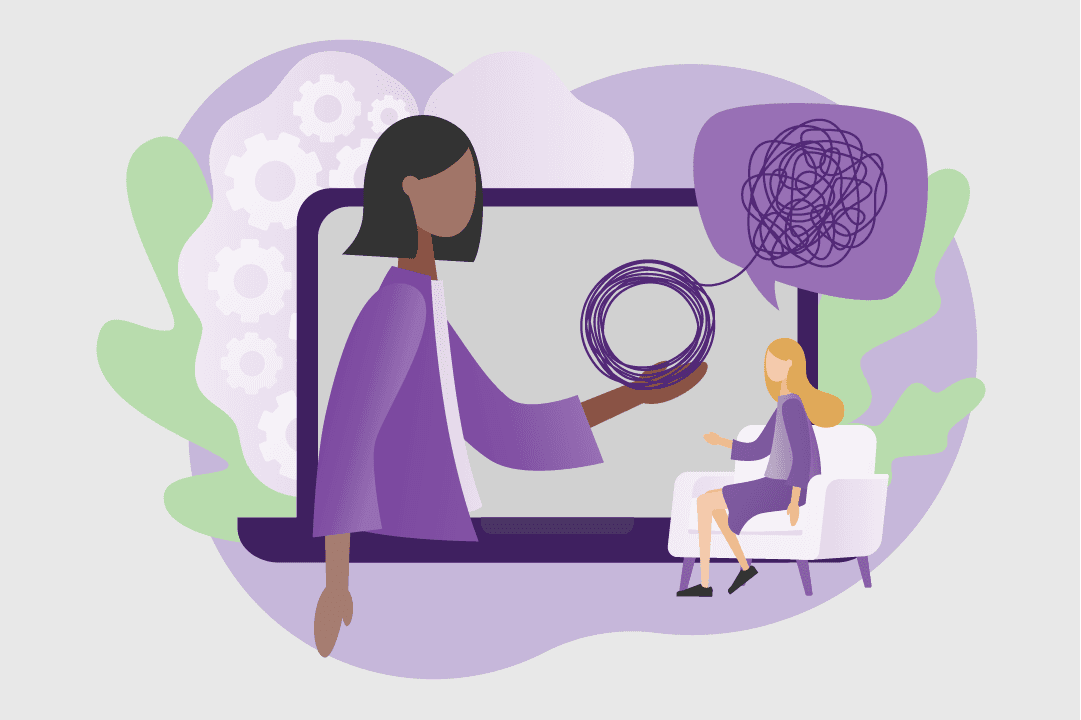
Wondering about formal accreditation?
Learn the step-by-step process of registering and getting accredited as a counsellor in Australia.
Real-world insights: Cecilia Daly, Founder of Daily Psychology
To understand what it takes to succeed as a counsellor or psychologist, I sat down with Cecilia Daly, a registered psychologist and founder of Daily Psychology.
What inspired you to become a psychologist?
“My journey into psychology wasn’t one I initially anticipated, but looking back, it makes sense. Why does one person respond to stress with anxiety while another stays calm? These questions led me to pursue psychology.
The most rewarding part of my work is helping people discover answers to their own questions. Seeing clients achieve personal growth and knowing I’ve played a role in that transformation is incredibly fulfilling.”
What are some common misconceptions people have about the industry?
“That it’s all about ‘fixing’ people. Many people assume we have all the answers, but the truth is, that therapy is a collaborative process. It’s not about giving clients a set of instructions on how to live their lives, but rather helping them gain insight, explore their options, and empower them to make informed decisions.”
What skills and qualities are essential for this career?
“Empathy and active listening are essential. Psychology is about truly understanding and connecting with clients, fostering trust so that real change can occur. But it’s not just about listening—you also need critical thinking and problem-solving skills to tailor interventions to each person’s unique needs.
Resilience and emotional intelligence are also crucial. Working in this industry can be emotionally demanding, so it’s important to have the tools to navigate challenges while staying grounded.”
Learn more about Daily Psychology → Visit Daily Psychology
Counselling specialisations and career options
Once qualified, you can explore a variety of counselling specialisations, including:
- School counselling: Supporting students with academic, social, and emotional challenges.
- Rehabilitation counselling: Assisting individuals recovering from injury or illness to regain independence and improve quality of life.
- Drug and alcohol counselling: Helping individuals overcome substance abuse and addiction issues.
- Family and marriage counselling: Facilitating communication and resolution of conflicts within families and couples.
- Mental health counselling: Providing support for individuals dealing with mental health conditions such as anxiety, depression, and trauma.
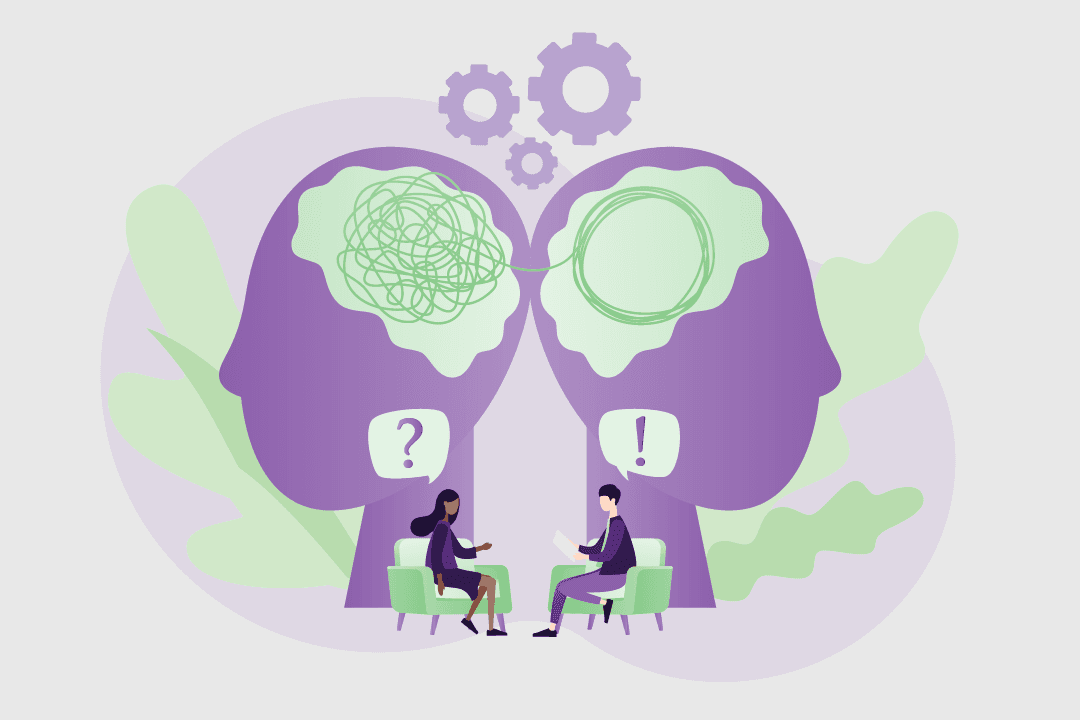
Not sure which counselling specialisation suits you best?
From youth work to addiction support, there are many ways to make a difference in people’s lives. Learn what each role involves, where you can work, and which qualifications will help you get there.
Job opportunities & salary insights
Where do counsellors work?
As a qualified counsellor in Australia, you have a wide range of employment opportunities across various sectors.
You can work in private practice, offering personalised support to clients, or in educational institutions such as schools and universities, where you assist students with their emotional and mental health needs.
Rehabilitation centres provide another avenue, allowing you to support individuals recovering from injury or illness. Community health organisations rely on counsellors to deliver accessible mental health services to diverse populations.
Additionally, corporate settings often employ counsellors within Employee Assistance Programs (EAPs) to support employee wellbeing and workplace mental health.
How much do counsellors get paid in Australia?
Salary expectations for counsellors vary depending on experience, role, and work setting. Entry-level counsellors typically earn around $60,000 or more per year, while experienced professionals can earn upwards of $85,000 annually. Those in private practice may see income fluctuate based on session rates and client volume. The Australian Government forecasts strong growth in counselling and mental health support roles over the coming years, reflecting the increasing demand for qualified mental health professionals nationwide.
Counselling skills you need to succeed
General counselling skills
To become a good counsellor, it’s essential to develop a broad range of counselling skills that support effective client engagement and therapeutic outcomes. General skills such as empathy, active listening, patience, and strong communication skills form the foundation of successful counselling practice. Counsellors must also be able to create a safe, non-judgmental space where clients feel comfortable sharing their experiences and emotions. Additionally, counsellors must be patient problem solvers and empower clients to find solutions. Practical skills in applying therapeutic techniques are also crucial for effective counselling.
Counselling microskills
In addition to these general skills, there are specific counselling microskills that are vital for effective therapy sessions. These include:
- Attending behaviours (such as eye contact and body language)
- Paraphrasing to show understanding
- Summarising key points
- Asking open-ended questions to encourage deeper exploration
- Reflecting feelings to validate clients’ emotions
- Providing appropriate feedback
Developing these microskills helps counsellors build rapport, foster trust, and guide clients toward self-awareness and positive change.
Start your journey as a counsellor
Becoming a counsellor is a deeply rewarding career that allows you to support individuals, families, and communities in navigating life’s challenges. With the growing demand for mental health professionals, now is the perfect time to take the first step.
By choosing the right study pathway, gaining practical experience, and obtaining professional accreditation, you’ll be well on your way to building a meaningful and impactful career in counselling.
If you’re ready to start your journey, explore accredited counselling courses and enrol today.
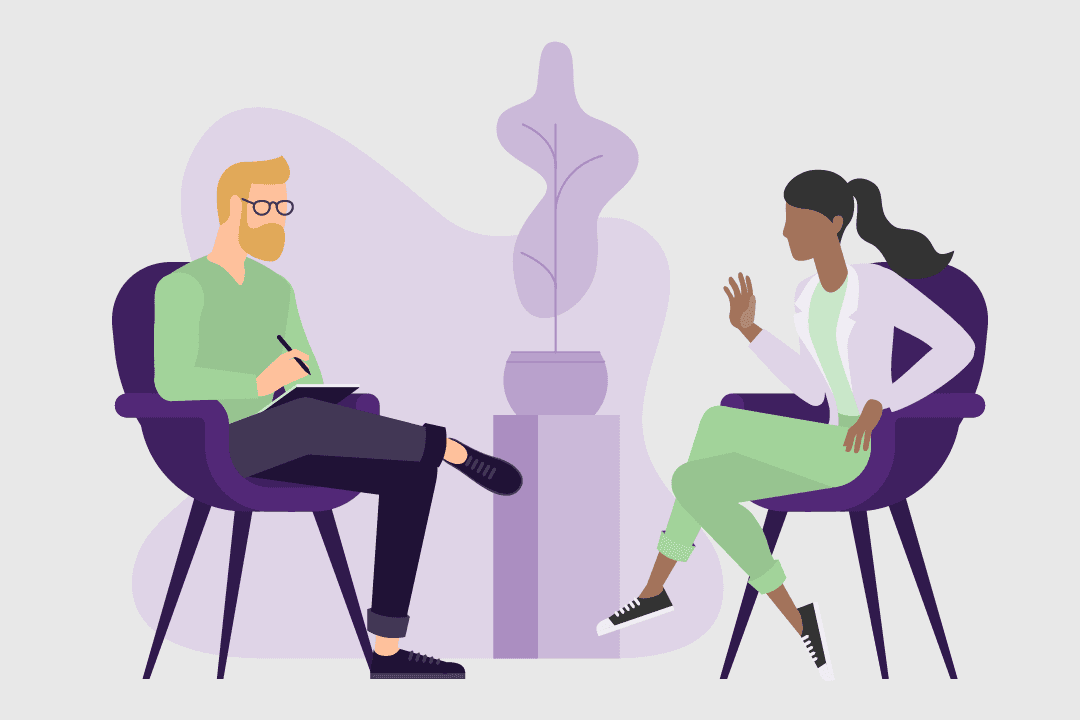
Want the unfiltered experience of working in counselling?
Discover real stories from counsellors about the triumphs, challenges, and everyday realities of the profession.
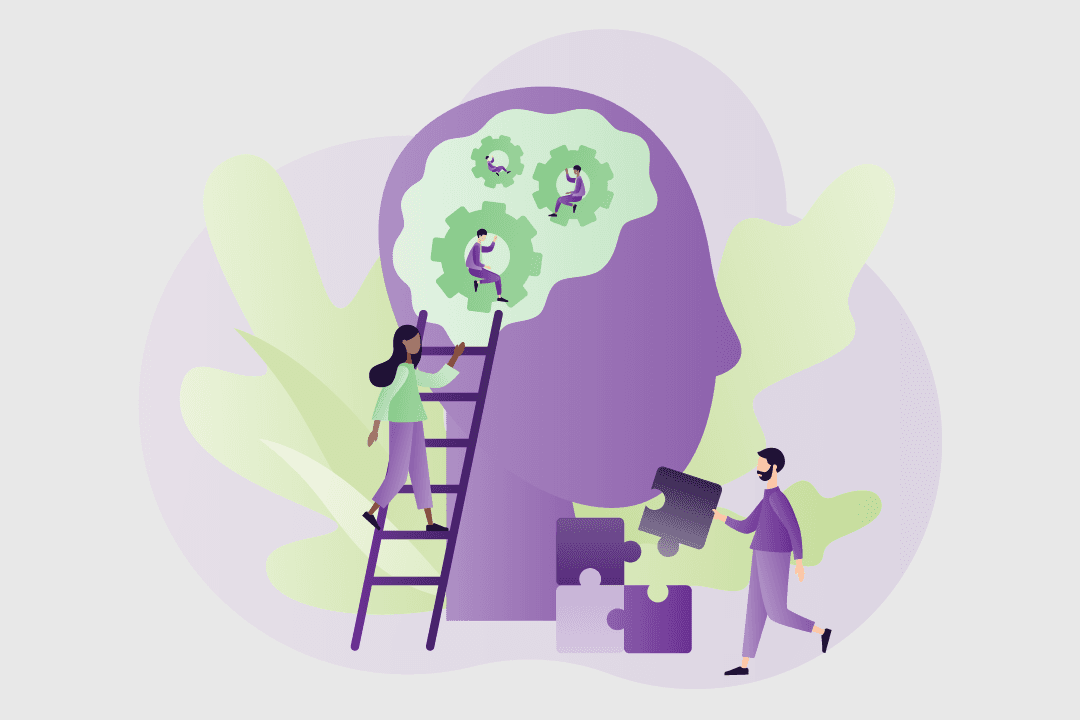
Can’t decide between counselling and psychology?
Understand the key differences in roles, qualifications, day-to-day work, and career prospects.
Browse Results
Diploma of Nursing (SA & WA Only)
Build a meaningful career that makes a difference with the HLT54121 Diploma of Nursing. This nationally recognised qualification provides the essential skills, knowledge, and practical training needed to become a qualified Enrolled Nurse in Australia....


Graduate Diploma in Management
The Graduate Diploma in Management is an online postgraduate qualification that is ideal for busy senior managers, with a potential entry pathway through any of our Graduate Certificates and study that is highly supported, fits into your schedule, and...

Graduate Certificate in Management
The Graduate Certificate in Management is an online postgraduate qualification that is designed for newer and ambitious professionals, with entry possible through management experience alone and a study structure that easily accommodates full-time work...

Associate Degree of Sport Business (NSW Only)
Get a higher education qualification in two years when studying full-time! Based on the Bachelor of Sport Business in terms of content, the Associate Degree of Sport Business offers students the opportunity to get into the workforce quicker or alternat...
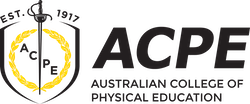
Bachelor of Dance Education (NSW Only)
The Bachelor of Dance Education is a unique specialist professional qualification and is Australia’s first–being delivered through ACPE! Units are provided by highly qualified and experienced professionals, empowering you with all the knowledge and ski...

Bachelor of Dance Practice (NSW Only)
The Bachelor of Dance Practice is a specialised degree that will equip you with the skills and experience to become a professional in the dance industry. The course develops artistry, choreography, performance, educational, business, and organisational...

Bachelor of Education (Physical & Health Education) (NSW Only)
The Bachelor of Education (Physical & Health Education) incorporates units in movement and health as well as curriculum and pedagogical studies, equipping you with the requisite skills for entering the teaching profession. If you are keen to pursue...

Bachelor of Health Science (Exercise) (NSW Only)
The Bachelor of Health Science (Exercise) offers the perfect career path for those looking to enhance their knowledge and skills through further studies in physiotherapy, exercise physiology, and other health professions. You will come to understand ho...

Bachelor of Sport Business (Leadership)
Turn your passion for sport into a career by immersing yourself in a degree that will broaden your theoretical and technical knowledge, so that you are fully equipped fora management role within the sport industry. The Bachelor of Sport Business (Leade...

Bachelor of Sports Coaching (Strength and Conditioning) (NSW Only)
To address the high demand for sport coaches and professionals in Australia, the Bachelor of Sport Coaching (Strength and Conditioning) is a specialist degree fostering the coaching, administrative, and professional skills necessary for a fulfilling ca...

Certificate III in Community Services (WA Only)
The Certificate III in Community Services is perfect for entry level community services workers who support individuals through the provision of person-centred services. Work may include day-to-day support of individuals in community settings or suppor...

Certificate IV in Fitness
Take the next step in your career and gain the qualification you need to become a Personal Trainer. If you currently work in the fitness industry as a Gym or Group Fitness Instructor, elevate yourself to the next level by studying the SIS40221 Certific...

Certificate III in Fitness
If you’re looking to begin your career in the fitness industry, studying the SIS30321 Certificate III in Fitness is the perfect qualification to get you started. Gain all the knowledge and skills you need to enter the industry as a Gym Instructor or Gr...

Personal Trainer Course
Join the fitness industry as a Personal Trainer and turn your love for fitness into a rewarding career by graduating in both the SIS30321 Certificate III in Fitness & SIS40221 Certificate IV in Fitness. Enjoy the flexibility of being your own boss...

Bachelor of Health Science (Clinical Nutrition)
Clinical nutritionists integrate traditional food wisdom and current scientific evidence to motivate individuals and communities to eat well and live healthier lives. The Bachelor of Health Science (Clinical Nutrition) is supported by a strong underpin...

Bachelor of Health Science (Naturopathy)
Naturopathy is a whole medical system combining theory (philosophy and principles) and practise that uses an array of natural therapies to support healing and maintain health. Naturopaths aim to treat the underlying causes of illness and disease. The c...

Certificate III in Community Services (Perth Only)
Are you a natural when it comes to providing guidance to people? Would you like to kick start a career in Community Services? The Certificate III in Community Services (CHC32015) is the perfect entry-level qualification for prospective Community Servic...
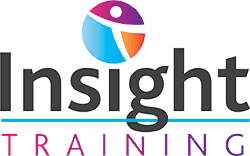
Certificate III in Individual Support (Ageing OR Disability) (Perth Only)
If you have a passion for helping those most in need, this qualification is one way you can utilise your knowledge for the benefit of others. Package the Certificate III in Individual Support (Ageing or Disability) (CHC33021) to save time and gain know...

Certificate lll in Early Childhood Education & Care (Perth Only)
If you love working with children and want to learn more about providing quality education and care in a range of environments, this course is for you. The Certificate lll in Early Childhood Education and Care (CHC30121) can provide you with an entry-l...

Certificate III in Individual Support (Disability) (SA Only)
The Certificate III in Individual Support (Disability) is designed to equip you with the practical skills and knowledge to support people living with disability in a variety of care settings. With a focus on person-centred support, you’ll learn how to...


